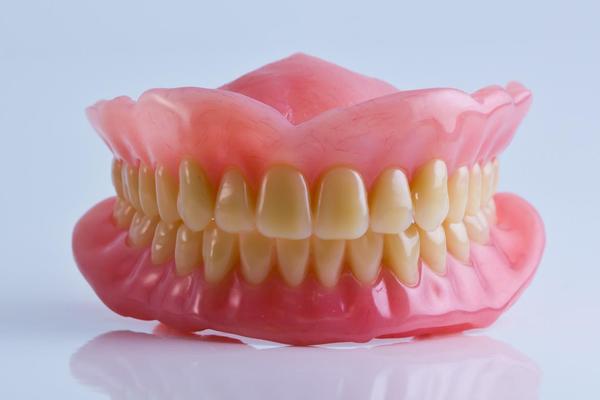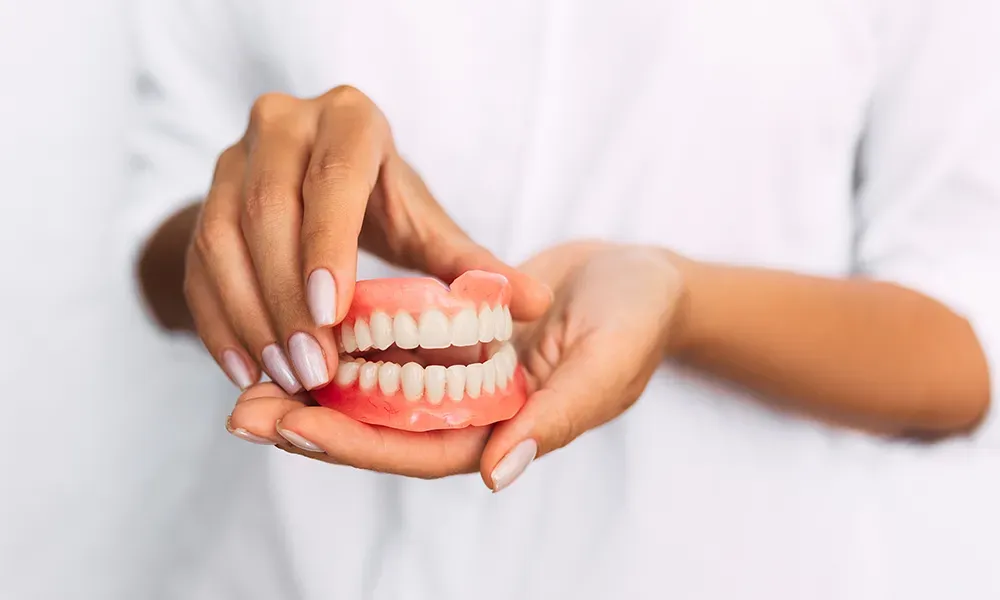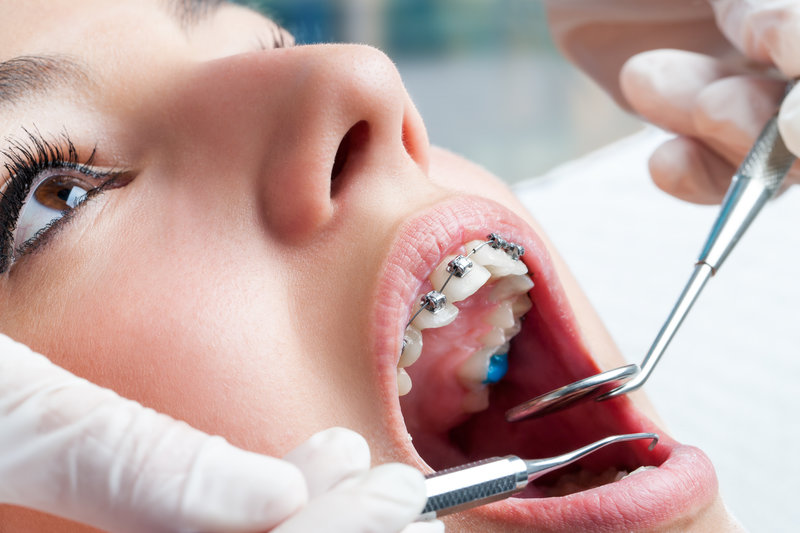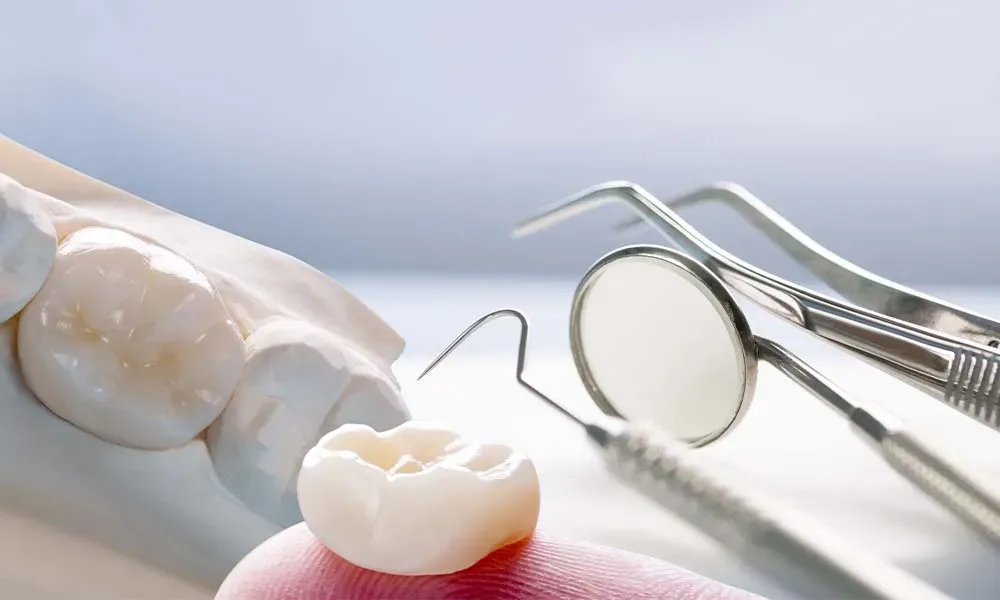Dentures are a common solution offered by the Orange Park general dentist for individuals who have lost teeth due to decay, gum disease, or injury. They are custom-made prosthetic devices designed to replace missing teeth, restoring functionality, and aesthetics to the smile. In this article, you will learn about the indications, contraindications, and aftercare involving dentures.
What are dentures?
Dentures are custom-made prosthetic devices designed to replace missing teeth, restoring functionality, and aesthetics to the smile. They are artificial teeth and gums made from various materials, such as acrylic, ceramic, or metal, and are tailored to fit individual mouths. They are a popular solution for individuals who have lost teeth due to decay, gum disease, injury, or other factors, and can greatly improve chewing, speaking, and overall confidence. By filling gaps and restoring the natural shape of the smile, dentures can enhance facial appearance and overall quality of life.
When are dentures indicated?
Here are some indications for dentures:
- Total tooth loss (edentulism)
- Partial tooth loss (partial edentulism)
- Severe tooth decay or damage
- Gum disease (periodontal disease)
- Tooth extraction (due to injury, decay, or orthodontic treatment)
- Congenitally missing teeth (hypodontia)
- Tooth wear or erosion
- Difficulty chewing or speaking due to tooth loss
- Aesthetically unpleasing smile due to tooth loss
- Desire for a more confident smile
- Need for a temporary solution during implant placement
- Financial constraints (dentures can be a more affordable option)
- Medical conditions (e.g., diabetes, osteoporosis) that affect oral health
- Dental phobia or anxiety (dentures can be a less invasive option)
- Age-related tooth loss (geriatric patients)
When are dentures contraindicated?
Here are some contraindications for dentures:
- Poor oral health (active decay, gum disease)
- Insufficient bone density (for implant-supported dentures)
- Uncontrolled diabetes or other systemic diseases
- Severe gag reflex or difficulty tolerating dentures
- Radiation therapy to the head or neck
- Active temporomandibular joint (TMJ) disorder
- Severe tooth wear or erosion (may require alternative treatments)
- Inadequate saliva flow (xerostomia)
- History of denture intolerance or failure
- Unrealistic expectations or aesthetic demands
- Inability to adapt to denture-wearing
- Severe psychological or emotional instability
- Age (very young or very old patients may require alternative treatments)
- Presence of certain medical conditions (e.g., Sjögren’s syndrome, ectodermal dysplasias)
- Current or planned chemotherapy or radiation treatment
Additionally, some patients may be contraindicated for specific types of dentures, such as:
- Implant-supported dentures: poor bone quality, insufficient bone density, or active periodontal disease
- Partial dentures: inadequate remaining teeth for support, or severe tooth wear
- Complete dentures: severe gag reflex, or difficulty tolerating dentures
How to care for your dentures?

Caring for your dentures is crucial to maintain their longevity, comfort, and overall oral health. Here’s a comprehensive guide:
Cleaning:
– Rinse with water after meals
– Soak in denture cleaner or mouthwash for 30 minutes daily
– Brush with mild soap and water
Storage:
– Store in a protective case when not worn
– Avoid wrapping in tissues or paper towels
Maintenance:
– Regular dental check-ups (every 6-12 months)
– Adjustments and relines as needed
Hygiene:
– Clean gums and tongue daily
– Brush natural teeth (if applicable)
Avoid:
– Harsh chemicals, abrasive cleaners, or hot water
– Biting or chewing hard objects (e.g., ice, hard candy)
– Using dentures as tools (e.g., opening packages)
Additional Tips:
– Use denture adhesive for added security
– Avoid smoking and tobacco products
– Monitor for changes in fit, comfort, or oral health
Bottom line
Dentures offer a reliable solution for individuals with missing teeth, restoring functionality, and confidence. With proper care and maintenance, dentures can provide years of comfortable service. Advances in technology continue to improve the denture-wearing experience, making them a viable option for those seeking a beautiful, functional smile. Consult your dentist and discuss your goals and expectations to determine if dentures are the right choice for your oral needs.




